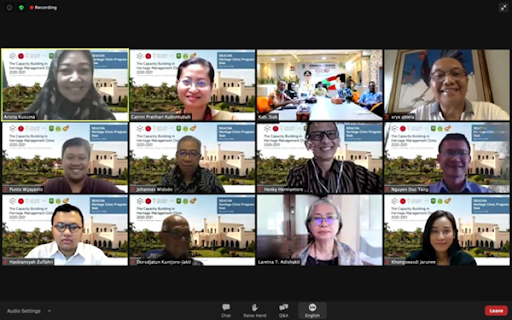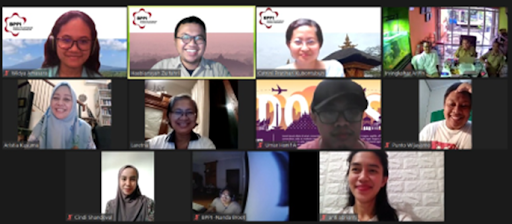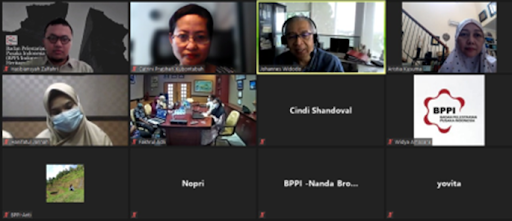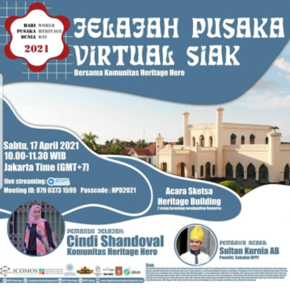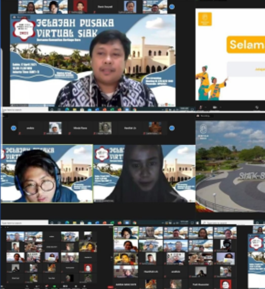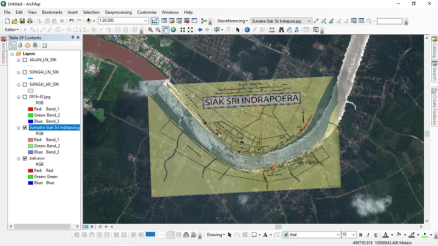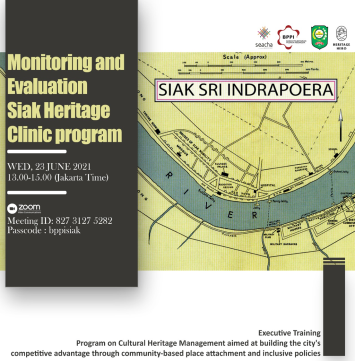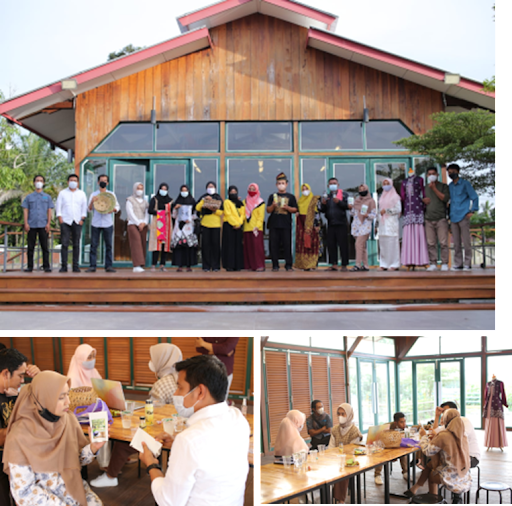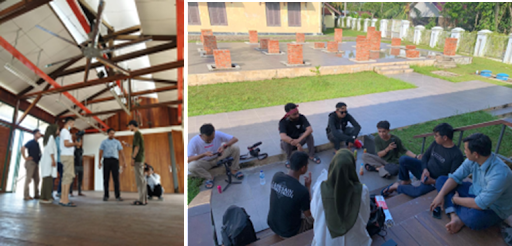Cultural Management Clinic
Siak Heritage Clinic: Forever Siak
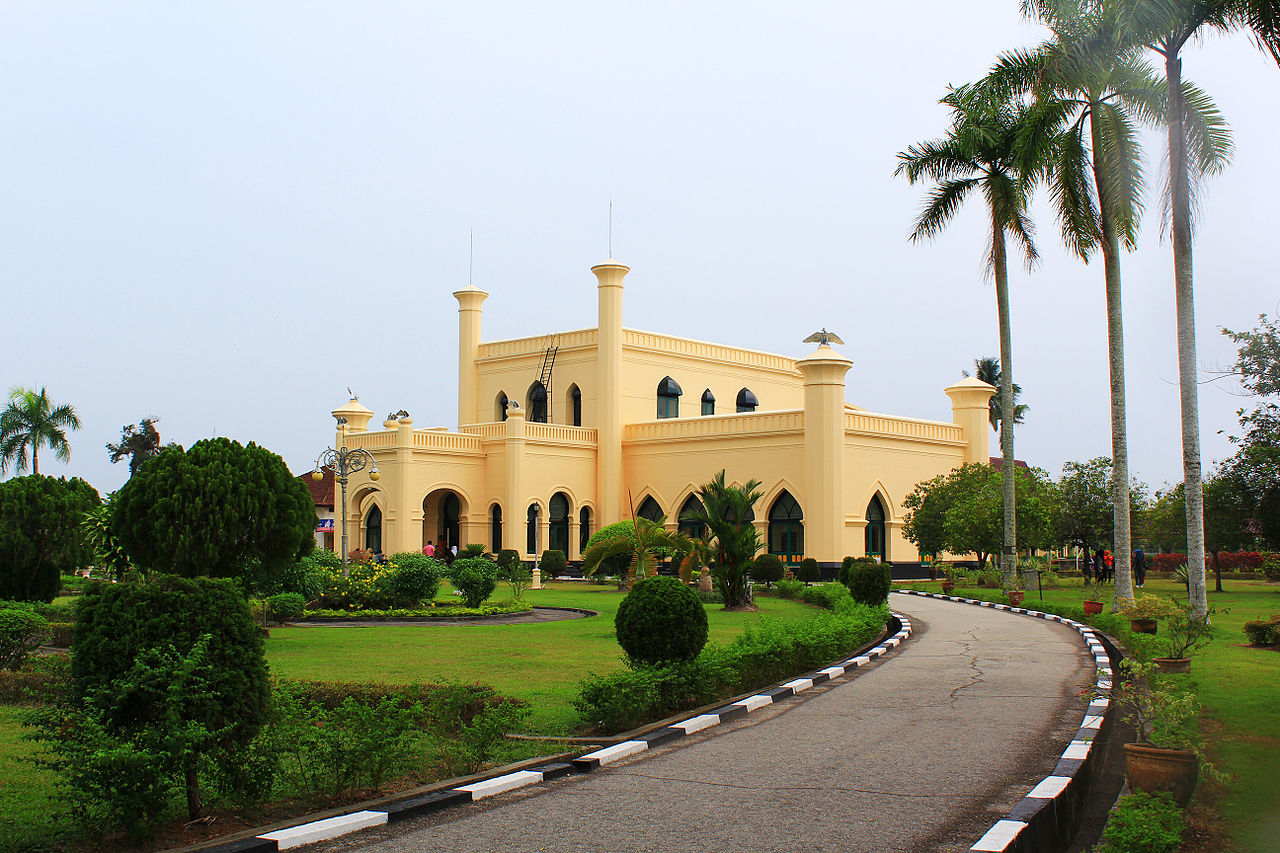
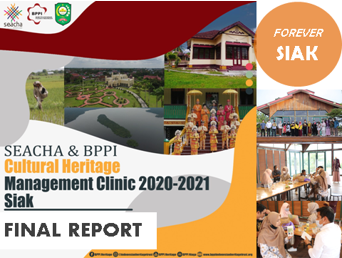
Siak Regency is located in Riau Province, Indonesia, with its capital at Siak Sri Indrapura. The regency measures 8,556.09 km2, with a total population of 489,966 residents as of 2020. At the beginning of the 16th century, Siak was a harbor under Minangkabau Kingdom, which later became a vassal of Malacca Kingdom until it fell to the Portuguese. It later grew into a Sultanate, until 1945 when Sultan Syarif Kasim II as the last king declared that the kingdom would join the newly emerged Republic of Indonesia. The rich history of Malay civilization has made Siak one of the best conserved heritage cities. There are a total twelve heritage buildings of Siak Sultanate that have been designated as national heritage based on the regulations from the Ministry of Culture and Tourism in 2004 and 2011. Siak Sri Indrapura is also one of 57 Heritage Cities in Indonesia, the development of which is jointly maintained by the Regent of Siak and the Director General of Human Settlements to strengthen the city’s potential in heritage assets, both tangible and intangible. This is necessary to elevate the significance and characteristics of Siak, which in turn would improve the welfare of the people through development of culture, economy, and related industries, including culture-based tourism with optimal support from all stakeholders in Siak.
Among the challenges faced by Siak today are the lack of human resources to manage heritage assets, especially the existing heritage buildings. The synergy between government apparatus and local organizations in heritage conservation efforts is not yet optimal, nor is the capacity of human resources to understand cultural landscape-based conservation (Historic Urban Landscape) and its application. There is also a lot of information about heritage objects and buildings that have not been thoroughly recorded and mapped, and the surviving heritage comes from mostly oral traditions that survived through generations without any documentation. There are also heritage buildings that are still recorded as individual properties, not assets belonging to the regency. And most of all, the dominant mindset is still that conservation is largely limited to buildings and physical properties, not yet including non-physical aspects, connections to nature and the landscape that are all great assets to Siak.
Despite its shortcomings, Siak Regency has made many improvements to their conservation efforts, including protecting, utilizing and developing cultural heritage to benefit the surrounding community, while it also serves as a local attraction. Basic infrastructure such as roads, water and electricity in Siak Regency are exemplary. The regency is also home to various kinds of Malay cuisines, arts, traditions, literature, as well as bountiful rivers and natural resources.
Tourism can bring benefits to Siak, a city already rich in cultural heritage, but on the other hand it also poses the risk of “damaging” existing heritage if not properly regulated. In fact, there are many examples of how a lack of sustainable tourism in heritage cities can harm their cultural heritage. How can heritage cities carry out “sustainable tourism”, which can bring economic benefits and at the same time protect existing cultural heritage? The Heritage Clinic organized by SEACHA and BPPI along with the local government, brought the answer to the city’s shores. The Heritage Clinic is a capacity building program conducted by various experts in Southeast Asian heritage cities, which focuses on providing heritage-related stimulation and training needed by the recipient region. The program included heritage mapping, heritage management, enhancing significance, preparing heritage plans and strategies, and many other strategies related to sustainable tourism and heritage-based economies. It also entailed various discussions, training, and guidance as an effort to strengthen regional capacity, which will give birth to recommendations and joint commitments, with the common goal to achieve balanced and sustainable solutions to heritage conservation.
The implementation of Siak Heritage Clinic was divided into 4 stages. Stage-1 was preparations, running from August to October 2020. Stage-2 was the Siak Heritage Management Clinic Session. Stage-3 was monitoring and evaluation sessions. And Stage-4 was a finalized progress report and future plans for the program so even after the Clinic, Siak can continue to grow alongside its heritage.
This collaboration between Siak Heritage Clinic team and the facilitators from BPPI and SEACHA led to several outputs, such as the Cultural Mapping by My Maps document, Heritage Trail Maps, Forever Siak Website (the project’s home base) and an Executive Summary derived from the results brought by Cultural Mapping. The bulk of fieldwork was undertaken by local communities and the more digitally literate youths, while the older generation of specialists on campuses and in the government provided expertise, support through networking, and supervision. With the promising results from Cultural Mapping successfully translated into various products, the cultural mapping project has decided to continue in the future as one of the central initiatives in Siak heritage city management. The website that housed and archived the results will be the home base to continuously update Siak cultural mapping and subsequent heritage activities.
Together with BPPI and SEACHA, the Siak Regency Government will continue to collaborate with local communities and youths as the backbone of this conservation project, with the common goal to champion the motto they devised together during the course of the Clinic: FOREVER SIAK.
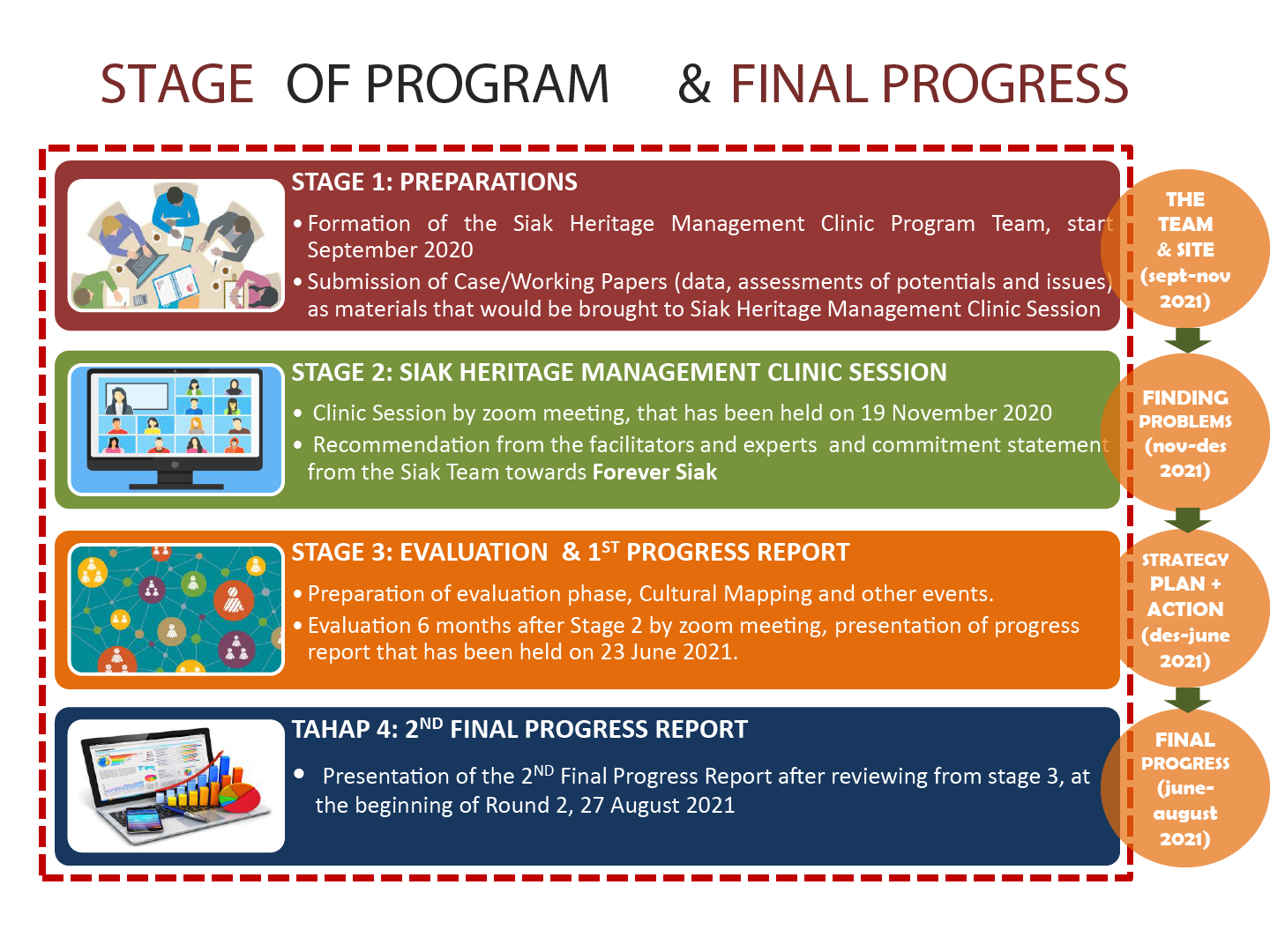
Program Coordinator
- Aristia Kusuma, ST, M.Ars (Indonesian Heritage Trust/BPPI)
Siak Regent
- Drs. H. Alfedri, M.Si
Expert Team
- Punto Wijayanto, ST, MT
- Dr. Johannes Widodo
- Ir. Arya Abieta
- Dr. Laretna Adhisakti
- Dr. Catrini P. Kubontubuh
Facilitators Team
- Muhammad Hasbiansyah Zulfahri
- Irene Swastiwi
- Tri Abrianti
- Putu Gede Krisnandadifa
- Umar Hanif Al-Faruqi
- Widya Amasara
- Cindy Shandoval
- Irham Temas
- Johanes Firzal
- Musrahmad Igun
On-site Coordinator
- Ir. H. Irving Kahar Arifin, M.Eng
On-site Project Assistant
- Ahmad Husin
